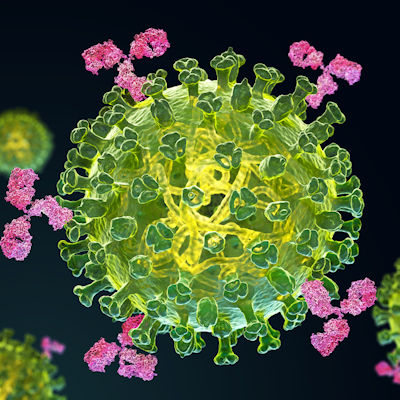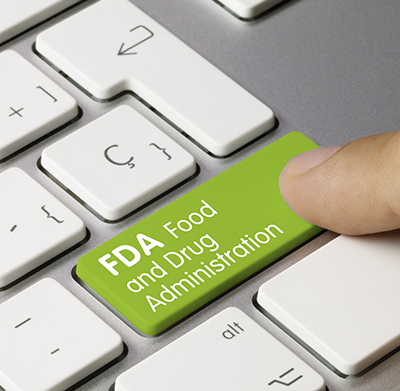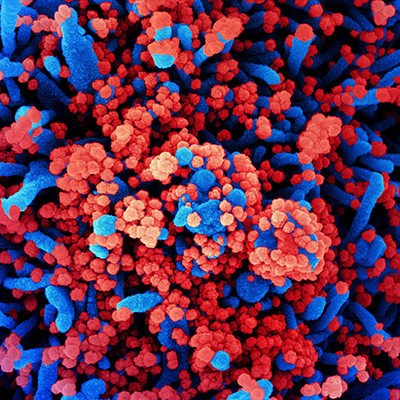February 21, 2023 -- A meta-analysis has linked the administration of convalescent plasma to a reduced rate of hospitalization for COVID-19, suggesting that the readily accessible treatment could play an important role in a future viral pandemic.
Early in the pandemic, researchers identified blood plasma taken from people who had recovered from SARS-CoV-2 infection as a treatment that could potentially improve outcomes while the world waited for COVID-19 vaccines and treatments. However, the data supporting convalescent plasma were mixed and, while the U.S. Food and Drug Administration (FDA) awarded a controversial emergency use authorization (EUA), the treatment had limited impact on the course of the pandemic.
Writing in Clinical Infectious Diseases, an international team of researchers has argued that the mixed data on the treatment reflect the focus on hospitalized patients, the population covered by the EUA. The collaborators speculated that, like anti-SARS-CoV-2 monoclonal antibodies and Paxlovid, convalescent plasma may be more effective in patients with milder cases of COVID-19.
To test that hypothesis, the researchers analyzed data from five clinical trials that enrolled a total of 2,620 adults in outpatient settings. The meta-analysis population was split evenly between the treatment and control cohorts.
In the convalescent plasma group, 8.5% of participants were hospitalized, compared to 12.2% of people in the control arm. The difference equates to a 30% relative risk reduction. In a subgroup of patients treated early in the illness with convalescent plasma that contained high levels of antibodies, the relative risk reduction was more than 50%.
The insights arrive after other interventions have brought the COVID-19 pandemic under control. However, Adam Levine, a professor of emergency medicine at Brown University's Warren Alpert Medical School and co-author of the paper, still sees value in the results.
"These findings will be helpful for this pandemic, especially in places like China, India, and other parts of the world that lack access to antiviral medications like Paxlovid. And because it provides information on how to more effectively use convalescent plasma as a therapy, this will be even more helpful in the next pandemic. This study is essentially a roadmap for how to do this right the next time," Levine said in a statement.
The roadmap suggests that convalescent plasma was misused early in the COVID-19 pandemic. Back then, the treatment, as the only available intervention, was largely reserved for patients hospitalized with severe COVID-19. However, subsequent studies have shown severe COVID-19 symptoms stem from the immune response to SARS-CoV-2, rather than from the pathogen itself; as such, therapies designed to target the virus have proven ineffective at that stage of disease progression.
Copyright © 2023 scienceboard.net










